Updated date: 11/01/2024 05:56:02

DTO - In the current list of plant protection drugs in Vietnam, biological drugs account for 19% and the volume of use is increasing over time with great benefits. This is considered a premise for effective implementation of the development of production and use of biological pesticides in the coming time, contributing to the development of green agriculture , ecological agriculture, safety and sustainability...

Spraying pesticides by drone in the Mekong Delta
BIOLOGICAL PESTICIDE MARKET IS GROWING
Ms. Bui Thanh Huong - Head of the Plant Protection Department (Plant Protection Department) said that the trend of using biological pesticides is increasing, popular in developed and developing countries. In the world market, it is forecasted that in 2023 - 2028, the biological pesticide market will develop with a compound growth rate (CAGR) of 15.9%, reaching 6.7 billion USD in 2023 and expected to reach 13.9 billion USD in 2028. The biological pesticide market is forecasted to be equivalent to the market share of chemical pesticides in 2040 - 2050.
In Vietnam, biological pesticides include 3 groups: microbial pesticides account for 13%; herbal pesticides account for 24%; and biochemical pesticides account for 63%. From 2020 to 2023, the number of biological pesticides increased from 768 to 810 permitted trade names. Biological pesticides control pests on various crops, accounting for 65% of the total number of pests registered in the List.
Regarding exports, the amount of biological pesticides exported annually by our country is on average 600 tons/year, accounting for about 5% of the total amount of pesticides exported. The export markets are Taiwan, Cambodia, India, Japan...; of which, the largest exports are to Cambodia, accounting for 51.4% and Taiwan is 32.9%. The amount of biological pesticides imported annually by our country is on average 18,000 - 20,000 tons/year, accounting for about 15 - 20% of the total amount of pesticides imported. Imports are mainly from China, India, the US, the EU, ASEAN...
Pesticides are agricultural materials that play an important role in ensuring pest control and avoiding damage to crop yields. However, the overuse of pesticides can cause many undesirable consequences, affecting human health and the environment. Therefore, one of the key tasks of the crop production sector is to support the policies of the plant protection sector to develop in a sustainable, green and high-quality direction.
Aiming at sustainable production, most localities across the country have implemented many training programs and technical guidance to help farmers raise awareness about the safe, effective and responsible use of pesticides. Specifically, in Dong Thap , the total cultivated area of the province in 2023 reached 576,578 hectares, an increase of 4% over the same period (equivalent to an increase of 22,174 hectares) and equal to 104% of the annual plan. The total amount of pesticides used on crops is estimated at about 3,466 tons, a decrease of 170 tons compared to 2022, of which the amount of pesticides used on rice is estimated at about 2,541 tons; short-term industrial crops and flowers are about 195 tons; fruit trees are about 670 tons and flowers and ornamental plants are about 61 tons.
According to the report of the Department of Crop Production and Plant Protection of Dong Thap province, determining the control of pesticide residues as one of the regular tasks, the Department of Crop Production and Plant Protection of the province has integrated guidance and support for cooperatives, cooperative groups and farmers to record field diaries, practice the process of using pesticides, use pesticides of herbal microbiological origin or with short quarantine periods according to product types. In 2023, 29 samples were taken: mango, longan, lemon, durian, sweet potato, plum, guava... in concentrated growing areas for qualitative analysis. As a result, 29/29 samples did not detect pesticide residues.
INNOVATION IN PESTICIDE MANAGEMENT
Currently, the average amount of pesticides used has decreased from 3.81 kg/ha in 2020 to 3.19 kg/ha in 2022. Of which, the amount of biological pesticides used has increased from 16.67% in 2021 to 18.49% in 2022. Localities using a lot of biological pesticides include: Southeast (1.49 kg/ha), Mekong Delta (0.79 kg/ha).
Recently, the Ministry of Agriculture and Rural Development issued a Project on the development of the use of biological pesticides until 2023, with a vision to 2050. The Plant Protection Department prioritizes the registration of biological pesticides and new generation pesticides that are safe, less toxic, effective, and do not affect humans, livestock, and the environment. At the same time, review and eliminate toxic pesticides. Based on the Project on the development of production and use of biological pesticides until 2030, with a vision to 2050, the Plant Protection Department has signed agreements with pesticide enterprises, giving priority to granting testing licenses for 28 types of biological pesticides with 66 harmful organisms (an increase of 1.27 times compared to 2022).
At the Forum “Current status of production, trading and use of plant protection drugs in Vietnam and solutions for sustainable development” organized by Vietnam Agriculture Newspaper in collaboration with the Plant Protection Department of the Ministry of Agriculture and Rural Development recently, many groups of solutions to promote the development and use of biological plant protection drugs were proposed. Accordingly, it is necessary to continue reviewing and proposing the development of specific policy mechanisms to encourage and support organizations and individuals to invest in the development of production and use of biological plant protection drugs.
Currently, the country has more than 65 different types of plants registered with the list of harmful organisms, from which methods of research and production of pesticides to eliminate harmful organisms have been sent to drug business associations for units to register the drugs. For some plants such as passion fruit, strawberries... some localities have registered to unify the procedures for guiding harmful organisms on these types of plants.
According to Mr. Huynh Tan Dat - Director of the Plant Protection Department, the management and registration of biological pesticides are being prioritized over chemical pesticides. Specifically, the time for registration and testing of biological pesticides is only half that of chemical pesticides, and the registration cost is also reduced by half compared to chemical pesticides. Promoting the production and use of biological pesticides will contribute to the development of a green, ecological, safe and sustainable agriculture; enhancing the potential for research, application and mastery of modern technology in the production and use of biological pesticides. The industry's goal in the coming time is to strive for Vietnam to become a country with the leading rate of biological pesticides use in the region by 2050. Industrial-scale biological pesticide production facilities have modern technology and equipment, proactively producing advanced biological pesticides to meet domestic and export needs.
NGUYET DO
Source




![[Photo] Prime Minister Pham Minh Chinh chairs the Government's special meeting on law-making in May](https://vphoto.vietnam.vn/thumb/1200x675/vietnam/resource/IMAGE/2025/5/22/1c880aae96fd4e0894abc47a46fe19ba)

![[Photo] Prime Minister Pham Minh Chinh attends the groundbreaking ceremony of Trump International Hung Yen Project](https://vphoto.vietnam.vn/thumb/1200x675/vietnam/resource/IMAGE/2025/5/21/ca84b87a74da4cddb2992a86966284cf)
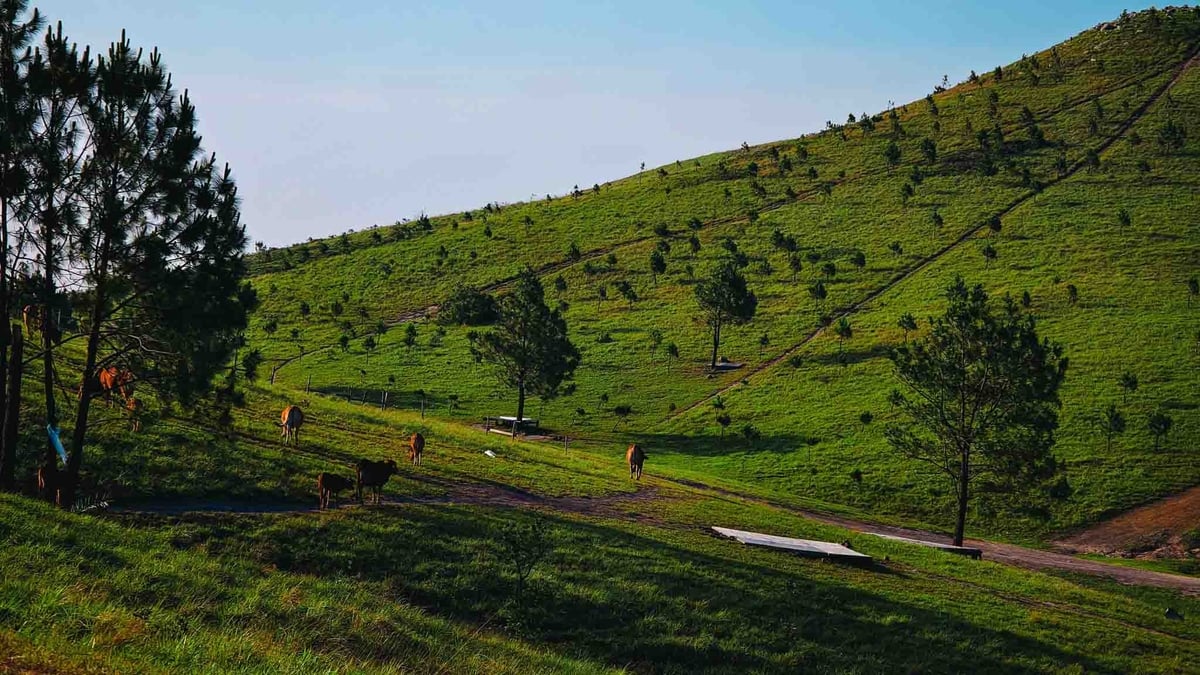
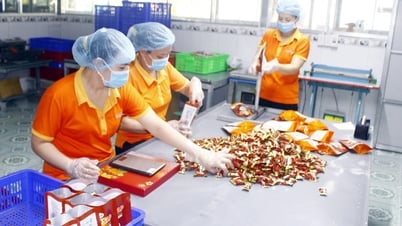

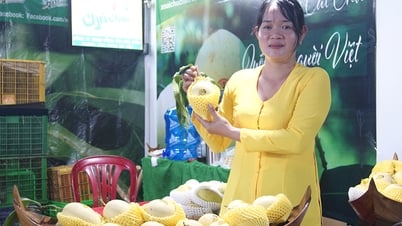
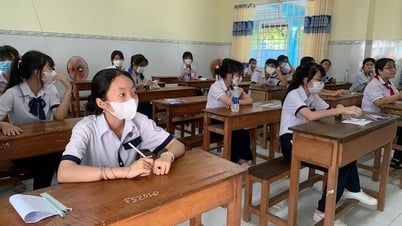

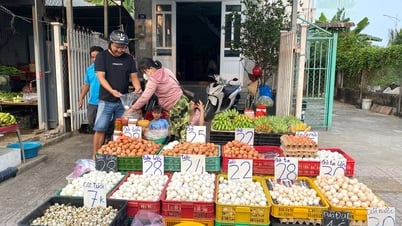



















































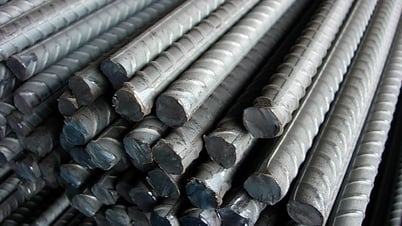

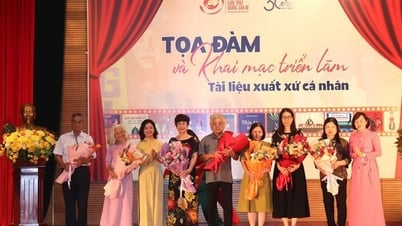
















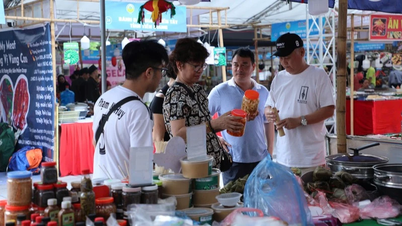
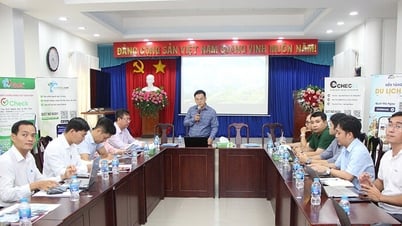

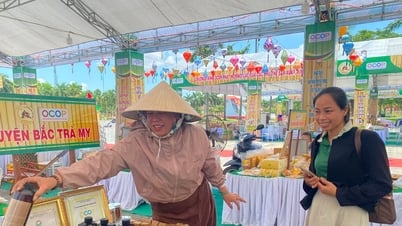



Comment (0)